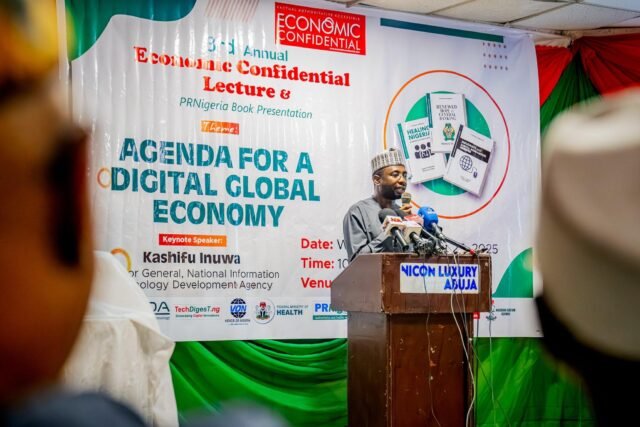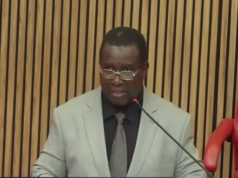In a world where economies are being reshaped by technology, Nigeria is positioning itself to play in the big league. With a population of over 220 million people—half of them under 30—the country is rich in youthful energy, entrepreneurial spirit, and untapped potential. But the bigger question is: how does this translate into a trillion-dollar economy?
The Federal Government, through the Ministry of Communications, Innovation, and Digital Economy, believes the answer lies in digital innovation and partnerships. At a recent gathering in Lagos, the Minister, Dr Bosun Tijani, laid out a vision that was as ambitious as it was inspiring: Nigeria can scale its economy to $1 trillion by focusing on artificial intelligence (AI), nurturing local talent, and building strong collaborations across industries.
This declaration is more than just government rhetoric. It reflects a changing global economy where ideas, innovation, and data increasingly drive growth. For Nigeria, the opportunity is vast—but so are the challenges.
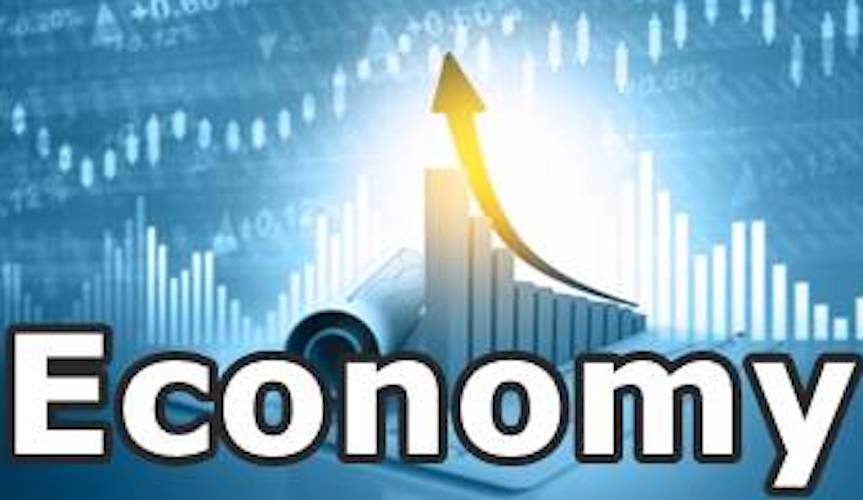
Table of Contents
Artificial Intelligence: Unlocking Nigeria’s Next Economic Phase
At the centre of this trillion-dollar aspiration is artificial intelligence (AI). While many Nigerians may still associate AI with futuristic robots or Silicon Valley tech labs, its impact is already visible in everyday life. From chatbots in banking apps to drone technology in agriculture, AI is steadily redefining how industries operate.
Dr Tijani noted that Nigeria must not remain on the sidelines of this revolution. Instead, the country should build its own AI ecosystem—training local developers, encouraging start-ups to deploy AI solutions, and ensuring government policies support innovation.
Imagine AI systems that can diagnose malaria faster than a doctor in rural clinics, or algorithms that help farmers predict rainfall patterns, reducing crop losses. Picture Lagos traffic management powered by AI cameras, easing the daily grind for millions of commuters. These are not distant dreams; they are practical applications that can improve lives while growing the economy.
Globally, AI is expected to add $15.7 trillion to the world economy by 2030. For Nigeria, capturing even a fraction of that value could push GDP into new territory. But as Dr Tijani rightly stressed, the goal is not just economic figures but creating solutions that improve daily realities for Nigerians.
Partnerships: Building Bridges for a Digital Future
No nation achieves technological transformation alone. The minister underscored that Nigeria’s path to a trillion-dollar economy must be anchored on partnerships—within the country and across borders.
These partnerships cut across various layers:
- Government and private sector: To build broadband infrastructure, expand data centres, and improve connectivity.
- Academia and industry: To ensure Nigerian graduates are equipped with the digital skills that industries actually need.
- International collaboration: With global tech giants and development partners willing to invest in Nigeria’s digital economy.
Already, programmes such as the 3 Million Technical Talent (3MTT) Initiative are evidence of what collaboration can achieve. This programme, spearheaded by the ministry and supported by NITDA, aims to train three million young Nigerians in areas like AI, software engineering, cybersecurity, and data science. By equipping the youth with these skills, Nigeria is laying the foundation for a workforce capable of competing globally.
In the same vein, financial institutions, venture capital firms, and international donors are being called upon to fund start-ups and support innovation hubs. Across Lagos, Abuja, and even emerging tech communities in cities like Enugu and Kano, start-ups are solving problems in health, education, logistics, and fintech. These ventures may appear small today, but with the right support, they could become billion-dollar companies tomorrow.
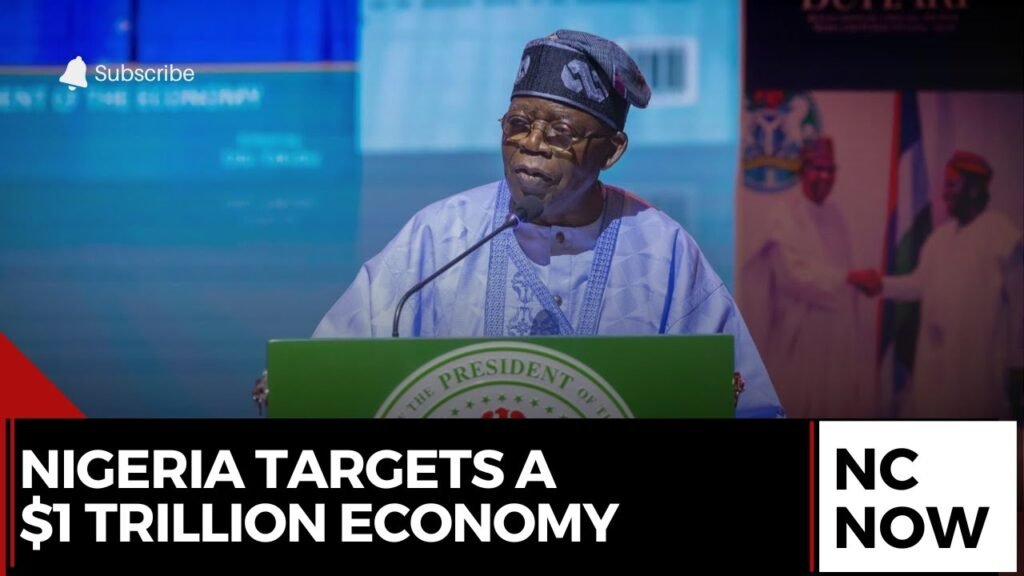
From Vision to Reality: What It Means for Ordinary Nigerians
Ambitious targets are only meaningful if they translate into real benefits for citizens. What would a trillion-dollar economy built on digital innovation and partnerships look like for everyday Nigerians?
First, jobs. The digital economy has the potential to create millions of jobs, not just in coding or programming but in digital marketing, e-commerce, online services, and content creation. A farmer in Benue could sell produce via an app, a tailor in Aba could expand their reach through online platforms, and a teacher in Kano could access global learning resources—all enabled by digital tools.
Second, infrastructure. A thriving digital economy requires reliable electricity, fast internet, and modern transport systems. As investments flow into these sectors, rural and urban communities alike should experience improvements in quality of life.
Third, inclusion. One of the risks of digital transformation is leaving some people behind—particularly those without access to education or technology. The minister stressed that government policies will prioritise inclusion, ensuring that women, rural youth, and people living with disabilities are part of the digital economy.
Lastly, public services. From digital ID systems to e-governance platforms, technology can help reduce corruption, improve transparency, and deliver faster services to Nigerians. Imagine renewing a driver’s licence or accessing healthcare records without hours of paperwork and queues—this is the kind of efficiency digitalisation promises.
A Road Full of Challenges—but Also Opportunity
Of course, the road to a trillion-dollar economy is not without obstacles. Issues like inadequate power supply, unreliable internet in many regions, limited funding for start-ups, and brain drain remain hurdles. But these challenges are not insurmountable.
Other countries have walked similar paths. India, for instance, leveraged its IT outsourcing industry to become a global tech hub, while Rwanda has emerged as an African leader in e-governance. Nigeria has the size, the talent, and the ambition to carve its own unique model.
The difference will lie in consistent policy implementation, sustained investments, and strong collaboration between government and the private sector. Most importantly, success will depend on keeping Nigerians at the heart of this journey—ensuring the digital economy improves lives, not just statistics.
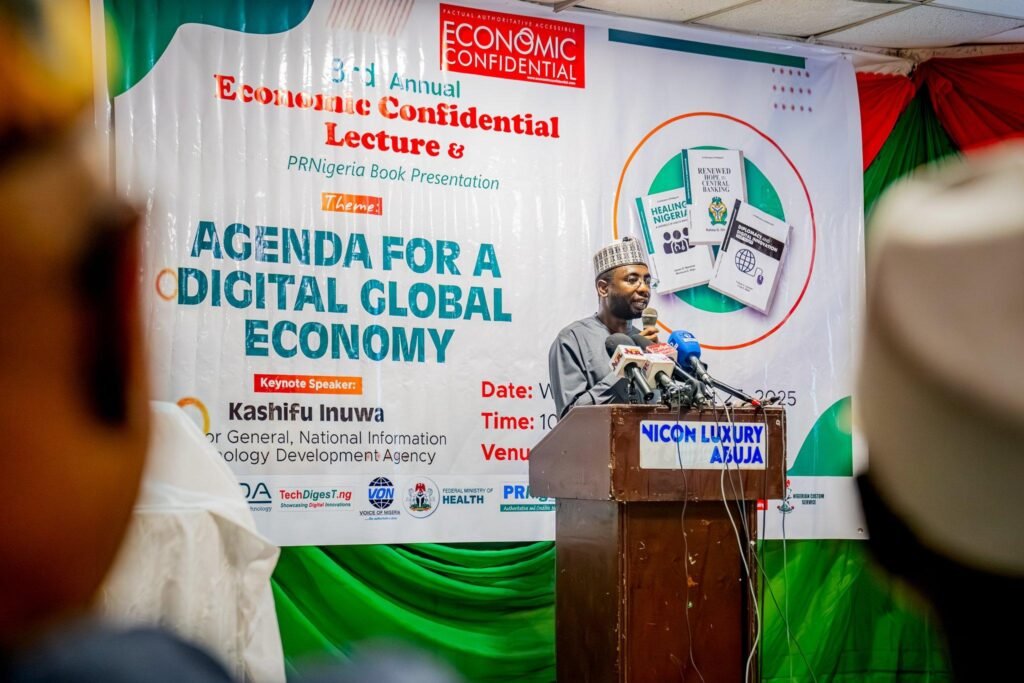
Conclusion
Nigeria’s pursuit of a $1 trillion economy through digital innovation and partnerships is bold, timely, and necessary. It is a vision that speaks not just to numbers but to possibilities: jobs for the unemployed, opportunities for entrepreneurs, better services for citizens, and a country that finally unlocks its potential.
As Dr Bosun Tijani observed, this is not a journey the government can take alone. It requires every hand on deck—entrepreneurs, investors, teachers, students, and even everyday Nigerians willing to embrace digital tools.
The trillion-dollar mark is not the finish line; it is the beginning of a new Nigeria—one where innovation fuels prosperity, and partnerships build resilience. The question is not whether Nigeria can achieve this vision, but whether it has the discipline, courage, and unity to see it through.
Join Our Social Media Channels:
WhatsApp: NaijaEyes
Facebook: NaijaEyes
Twitter: NaijaEyes
Instagram: NaijaEyes
TikTok: NaijaEyes


